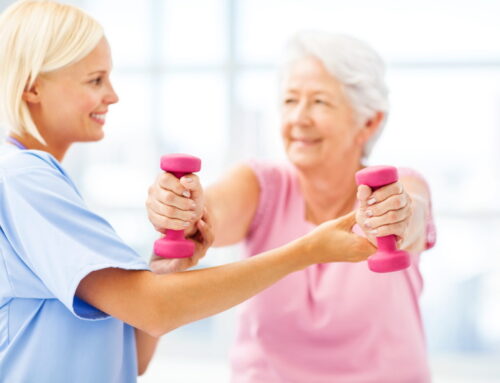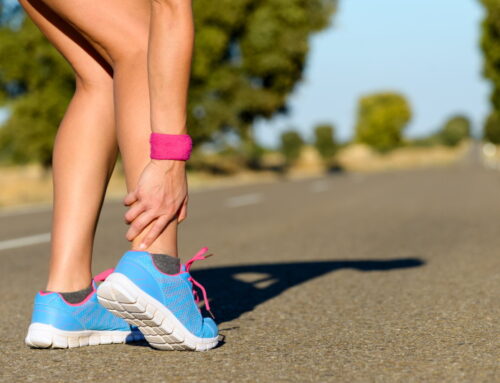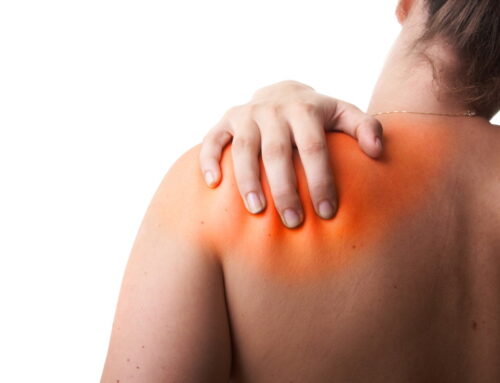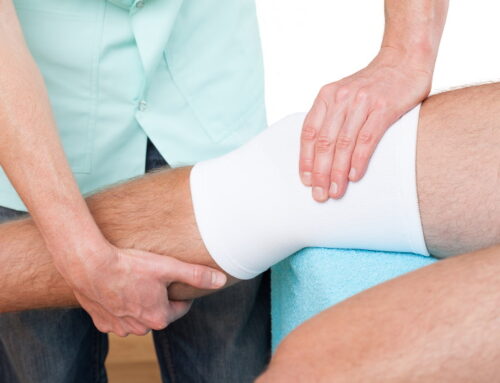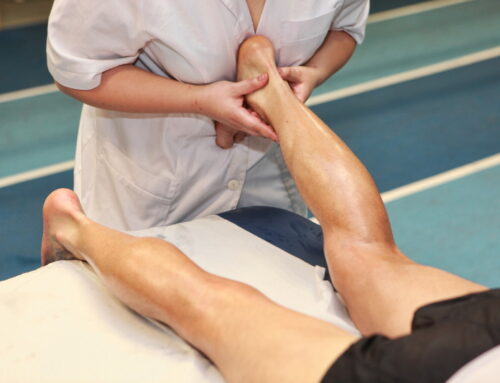Falls and fall-related injuries are a major cause of disability and reduced quality of life in the over 65’s. The increasing ageing population in Ireland means that the percentage of people presenting to hospital due to a fall is on the rise. Statistics have shown that 30% of over 65’s and 50% of over 80’s will fall each year which can have devastating effects on health and well-being.
Who is at risk?
While it is possible for anybody to fall at some stage in their life, falls are most common and more likely to result in injury in the elderly population. Wrist and hip fractures are the most common fall-related injury in this age group due to the thinning of bones associated with ageing. It would be unusual for a simple fall in a younger individual to result in a fracture. Hip fractures comprise 25% of all fall-related fractures with almost half of people affected not returning to full functional mobility. People who sustain a fracture often suffer from subsequent loss of confidence, limited mobility and reduced independence.
Risk factors for falls
As already mentioned the risk of falling increases with age however the risk factors are multifactorial and can be intrinsic or extrinsic.
Intrinsic
- Age
- Balance and gait problems
- Visual disturbance
- Medications
- Cognitive impairments e.g. dementia
- Cardiovascular problems
- Fear of falling
- Previous falls
Extrinsic
- Environmental hazards e.g. poor lighting, loose mats/rugs, uneven ground
- Poor footwear
- Lack of equipment or aids e.g. walking sticks or zimmer frames, grab rails
Age related changes in bone density, muscle mass and balance are likely to contribute to an increase in falls risk in this population. Physiotherapy has a central role in addressing these issues through exercise intervention to reduce the risk of falls and fall-related fractures in the elderly. The positive effects of regular exercise on the incidence of falls have been well documented in the literature. A structured exercise programme which includes balance training, muscle strengthening and flexibility training forms the foundation of any falls prevention programme. It aims to improve muscle strength, reaction time, coordination, balance and brain function to reduce the likelihood of falls and their adverse effects.
The global recommendations for physical activity and health (WHO 2010) outline that adults aged 65 and over should participate in 150 min’s of moderate intensity activity per week and muscle strengthening exercises of all major muscle groups 2 days per week. Adults of this age group with poor mobility should perform activities to improve balance and prevent falls on 3 or more days per week. This is the minimum requirement to achieve health benefits and to maintain a healthy independent lifestyle as we get older.
If you have a history of falls or feel you are at risk of falling, the Physiotherapist’s at Portobello Physiotherapy can help. They will perform a comprehensive assessment either at the clinic or in your home environment to identify the cause of your falls and get you started on a multifactorial falls prevention programme.
>> Elderly Care



